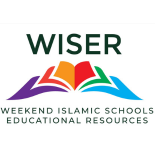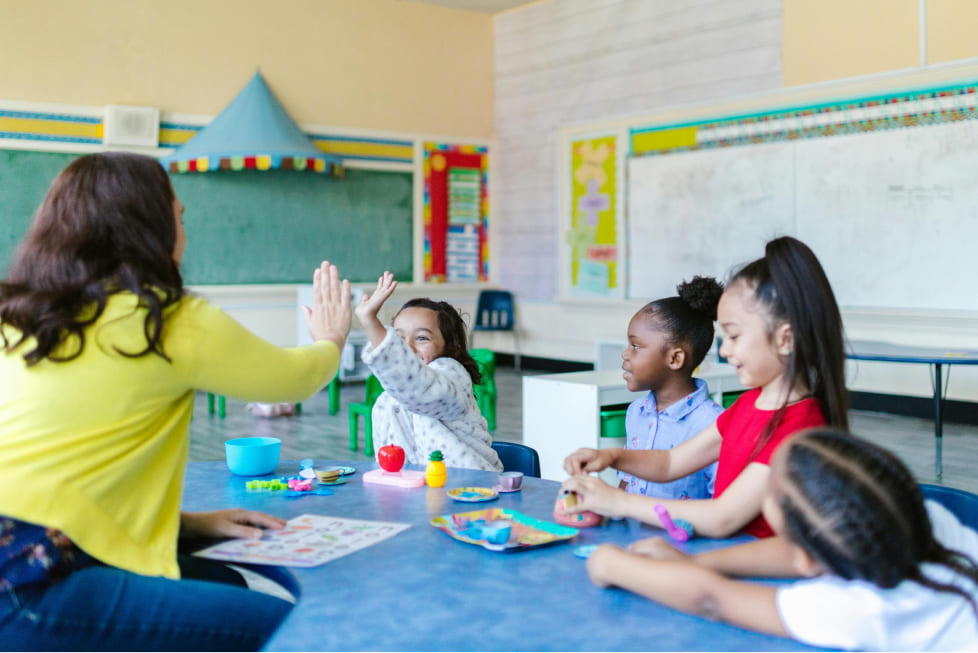Prophet Muhammad (PBUH) emphasized the importance of physical and practical skills
for children. He famously advised, “Teach your children swimming, archery, and horse
riding” (Sahih Bukhari, Hadith 304). This guidance underscores the importance of
equipping the younger generation with essential life skills that go beyond academic
knowledge. These activities were not merely recreational; they were vital for survival,
discipline, and personal development in the society of that time.
In today’s context, the wisdom of Prophet Muhammad’s advice remains relevant.
Modern education systems often focus heavily on academic achievement, sometimes at
the expense of practical life skills. Schools can take inspiration from the Prophet’s
teaching by incorporating survival skills and physical activities into their curricula. For
instance, swimming is not just a sport but a crucial life skill that can save lives. While
historically necessary for defense, today, archery serves to develop focus, patience,
and hand-eye coordination. Riding can be translated into modern-day equivalents such
as scootering, cycling, or driving, essential skills for personal mobility and
independence.
A contemporary example of integrating practical skills into education can be seen in
Finland’s curriculum. Finnish schools emphasize hands-on learning in areas like
building, electrical work, and plumbing. Students are taught not only to understand
these trades but also to apply them in real-life situations. This approach ensures that
students leave school equipped with skills that are directly applicable in everyday life,
promoting self-reliance and problem-solving abilities.
By combining the timeless wisdom of the Prophet with modern educational practices,
Weekend Islamic Schools can foster a generation of well-rounded individuals who are
prepared not just for academic challenges but for life itself. The integration of practical
skills in education prepares students for a future where they can confidently navigate
and manage the complexities of daily living.
Practical skills are abilities that help individuals manage everyday tasks and challenges.
They are often hands-on and directly applicable to real-life situations. Here are some
examples:
1. Financial Literacy:
– Budgeting and managing personal finances.
– Understanding taxes, riba-free loans, and basic economics.
– Planning for long-term financial goals like savings and investments.
2. Cooking and Nutrition:
– Basic cooking skills, such as preparing meals and following recipes.
– Understanding nutritional information to maintain a healthy diet.
– Food safety and hygiene practices.
3. First Aid and CPR:
– Basic first aid techniques, such as treating cuts, burns, or sprains.
– Performing CPR and using an Automated External Defibrillator (AED).
– Knowing how to respond to emergencies.
4. Ecologically Responsible Home Maintenance and Repair:
– Basic plumbing skills, including fixing leaks or unclogging drains without chemicals.
– Electrical work, like changing light bulbs or installing simple fixtures.
– Basic painting and flooring installation
5. Gardening and Sustainable Living:
– Growing vegetables, herbs, and other plants.
– Composting and waste reduction practices.
– Understanding sustainable living principles.
6. Technology and Digital Literacy:
– Critical thinking about media and the deceptions of AI.
– Internet safety and cybersecurity awareness.
– Coding or programming basics.
7. Communication and Social Skills:
– Public speaking and presentation skills.
– Effective communication and active listening.
– Conflict resolution and negotiation.
8. Self-Defense and Safety:
– Basic self-defense techniques.
– Personal safety strategies, such as awareness of surroundings and safe travel
practices.
– Understanding laws and rights for personal protection.
9. Halal Living:
-Understanding that kosher isn’t halal.
-Investigating the halal status of personal care products (soaps, lotions, toothpaste),
-Learning to advocate for halal meals and products with companies.
10. Time Management and Organization:
– Planning and prioritizing tasks.
– Setting and achieving personal goals.
– Organizational skills for managing personal and professional responsibilities.
Incorporating these practical skills into education ensures that students are better
prepared to handle the demands of adult life, making them more self-sufficient and
capable in a variety of situations.
As Muslims, we should lead the world in self-sufficiency and excellence (ihsan) in all
matters. Explore our complimentary individual membership and Standards of
Excellence to see how your weekend Islamic school stacks up.
Know that you can rely on us at WISER to help, so reach out to us if needed at info@wiser-usa.org

